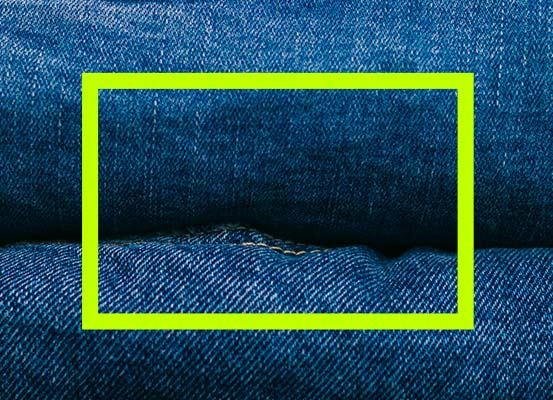FUTURECAST: Corporate Sustainability Efforts Increases Industrial Hemp Opportunity
Levi’s Commitment to Sustainable Agriculture an Example to Corporate America
It’s been a slow week in Washington DC with Congress on recess and an absence of activity happening at the regulatory level in recent weeks. However, the market never takes a recess as it continues to recognize the consumers preference for sustainability and corporate responsibility.
Case in point, Levi Strauss Company late last month unveiled its “Buy Better, Wear Longer” campaign to address how consumers buy too many clothes; don’t wear them long enough; and, eventually discard garments. The company believes this practice leads to greater pollution and environmental unsustainability.
“Ultimately, Levi’s® denim is meant to be worn for generations, not seasons,” Jen Sey, brand president of Levi’s, said in the companies press release kick starting the campaign.
One of the commitments to sustainability practices that Levi’s has made is offering products derived from hemp fiber. Their goals are to reduce the overall impact on climate with more sustainable production practices. This includes investing in new materials (i.e. hemp) and new production practices such as their new “Water<Less” technology. While it’s good to hear Levi’s making that kind of commitment, it’s having an even larger effect than the even the company might realize.
Levi’s says in their press release announcing the “Buy Better, Wear Longer” campaign that their manufacturing practices have resulting in the saving of nearly 4 billion liters of water and it has led to the recycling of nearly 10 billion more liters. That’s just for the manufacturing process and by using hemp as a fiber; the company is also seeing affects at the farm.
In comments filed to the USDA last week, NIHC recommended that the USDA take a science-driven approach to hemp and consider data that shows hemp is a less water intensive textile. We can find the data by looking to partners in Europe. For example, the Stockholm Environment Institute says that growing hemp requires half as much water as cotton. Beyond reducing water usage, The European Industrial Hemp Association says that every 100 acres dedicated to hemp can sequester up to 15 tons of carbon dioxide.
 Therefore, companies that are committed to sustainability initiatives like using less water and curbing carbon dioxide are also making a change further down the supply chain and potentially a greater impact than they might realize. At NIHC, we believe that’s a good thing.
Therefore, companies that are committed to sustainability initiatives like using less water and curbing carbon dioxide are also making a change further down the supply chain and potentially a greater impact than they might realize. At NIHC, we believe that’s a good thing.
“As a whole, ‘Buy Better, Wear Longer’ is meant to evoke a sustainable future where companies and consumers around the world come together to rethink fashion,” Levi’s says in a press release. “And Levi’s® offers the kinds of products that are there with you for the long haul.”
And with those kinds of commitments, corporate America can ensure that it’s not just the products that are with us for the long haul, but the long-term health of our environment too.
To learn more about the Levi’s “Buy Better, Wear Longer” campaign and the company’s commitments to sustainability, click here.
To be a part of the discussion on the future of industrial hemp, make sure to register for NIHC’s 2021 Hemp Business Summit. Sustainability and other forward-thinking strategies will be the focus as we all continue make headway towards a vibrant and profitable industrial hemp economy.














